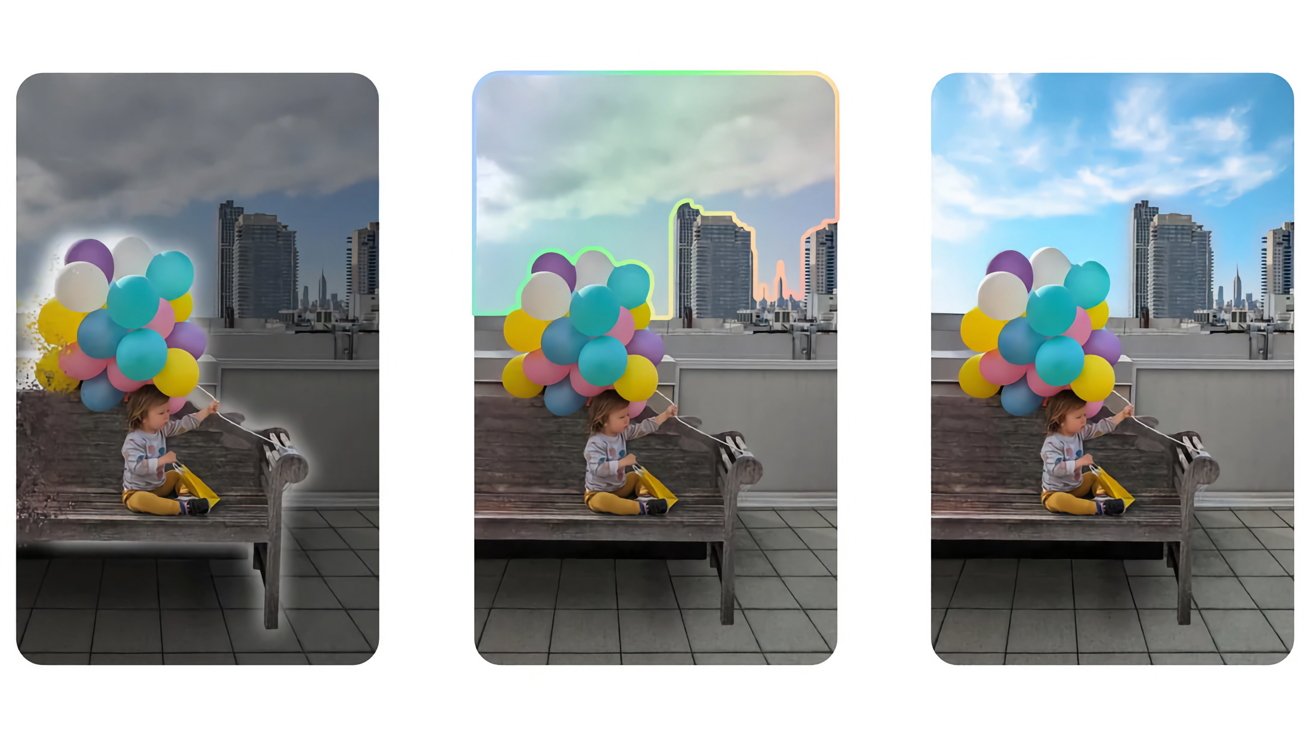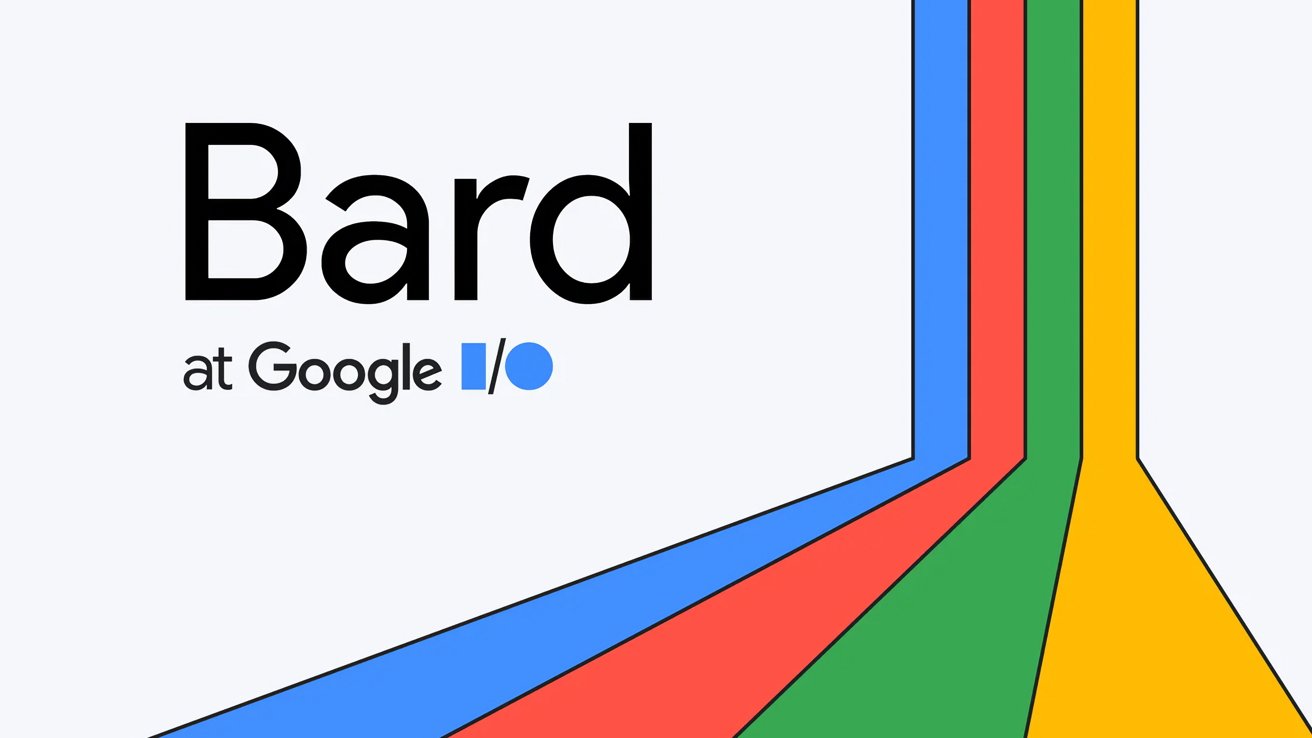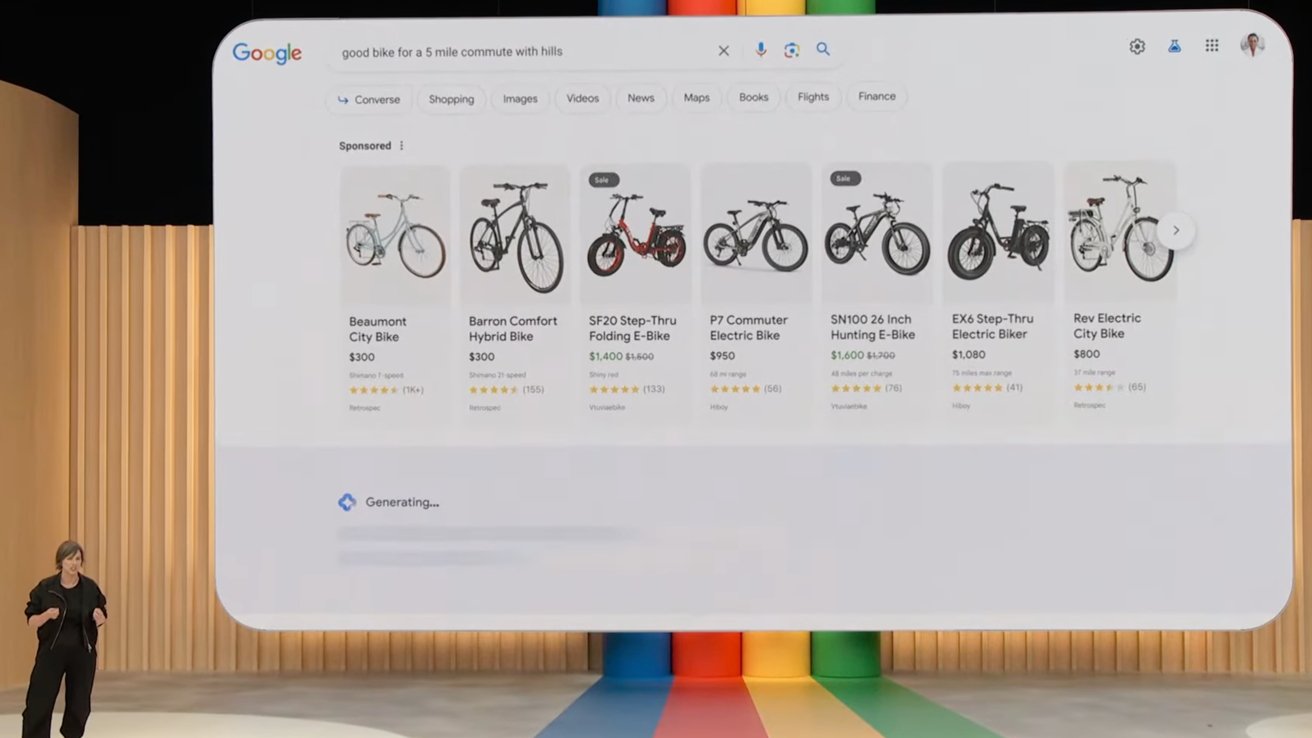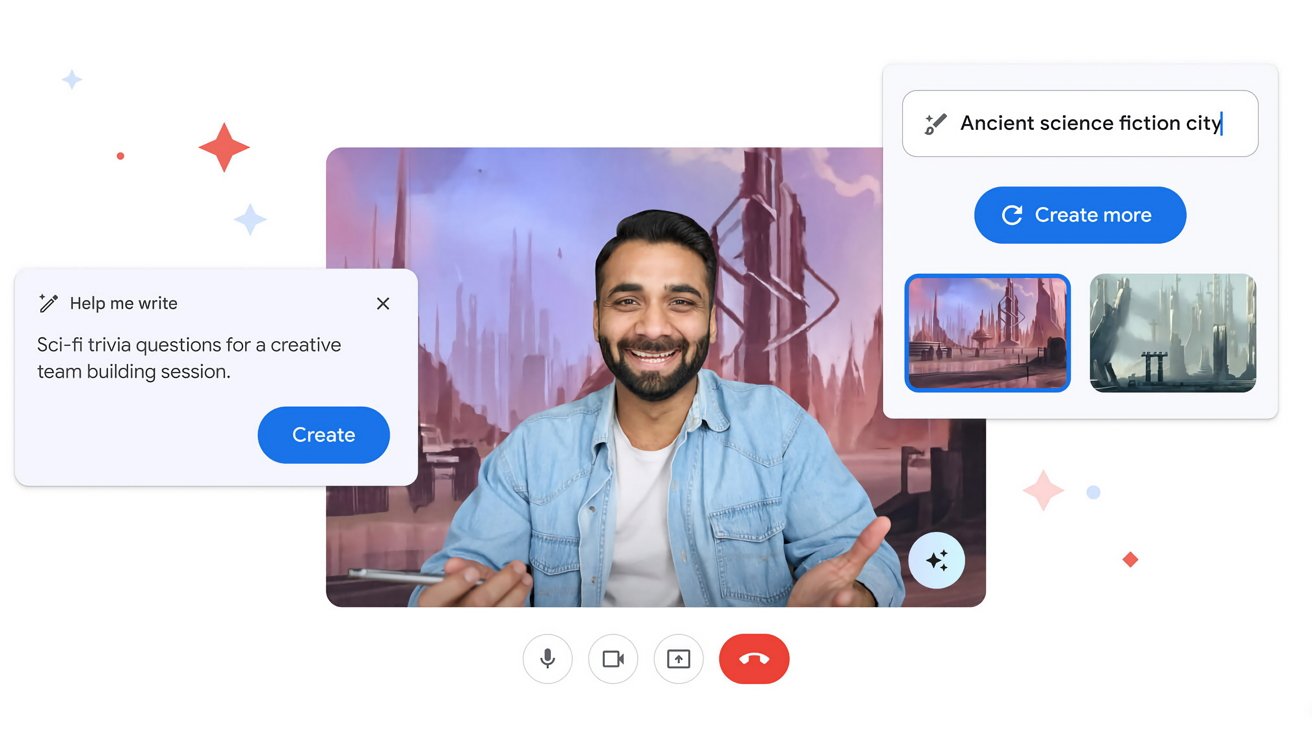Get the memories you want with Google ‘AI’ photo editing

It took only 17 seconds for Google to say “AI” in its Google I/O keynote conference for the first time on Wednesday, and we stopped counting at over 100. Here are all the AI tools that it announced at the event, spanning nearly every product category it has.
Generative pre-trained transformer (GPT) or large language model (LLM) are terms being thrown around as buzzwords, but the most popular one of all is Artificial Intelligence (AI). It’s such an important term for investors and stock market pundits that Google said the phrase “AI” over 100 times during its 2-hour Google I/O keynote.
Google said it shared AI-related updates across fifteen of its major product lines. We won’t debate exactly what AI means for Google, but here’s everything AI and AI-adjacent announced at the keynote.
Google app and Android AI updates coming in 2023
- Help Me Write: get help writing an email using context clues within an email thread.
- Help Me Write will also appear across Google Workspace apps. Ask for a detailed job description in Docs, a pet roster for a dog walking job in Sheets, or spice up a Slides doc with generated images.
- Other Help Me Write examples showed a prompt helping with writing a fictional story, planning a potluck in a Gmail thread, or generating speaker notes for a slideshow.
- Google Maps Immersive View for Routes: get a 3D preview of a route using stitched-together mapping data. Coming to 15 cities by the end of 2023.
- Google Photos Magic Editor: take control of photos by editing out objects, moving pieces, or even adding in details of objects that didn’t exist in the original photo.
- Generate emoji wallpapers, cinematic wallpapers, or original AI art with generative AI.
- Pixel Call Assist continues to evolve with tools that filter unwanted calls, show phone tree prompts as touch targets, or improve call quality.

Google Bard gets more AI improvements
Bard
- Coders can prompt PaLM 2 powered chatbots like Bard with queries around code and ask for notes in different languages.
- Bard has learned over 20 coding languages and can help with code generation, debugging, and explanation.
- Generated code can be fine-tuned with further queries to Bard and even exported to systems like Replit.
- Bard can export responses to Gmail or Google Docs. Available now.
- Bard is gaining “tools,” or API access to Google’s first-party apps and third-party systems. One example showed Bard creating an image caption using Google Lens.
- Bard can also serve as a powerful search tool. An example had Bard explain what classes a person would take with select interests, then showed colleges with those courses nearby on Google Maps. That data could then be transformed into a table and exported into Google Sheets.
- Bard tools will come from many popular services, one shown by Adobe Firefly. Generate images with a prompt using license-free training data.

Enhanced search with generative responses
Google Search
- Google Search shows an “AI-powered snapshot” built from search queries. It is shown as a clearly separate area with a green highlight.
- Search will also be improved thanks to information from Google’s shopping data, scraped info from the web like review content, and more. Give Google a prompt for needing an e-bike for a city commute in a price range, and it’ll use AI to generate the response.
- Tune Google Search results with follow-up queries.
- Google Search with AI tools is an expansive experience that can help with nearly any query. Google pushed its global dominance in Search as a powerful backend for expanding LLMs and AI.
Google Cloud and business
- Many of the AI tools and prompt integrations are also coming to Google Cloud. Businesses can take advantage of Google’s large models when it rolls out later.
- Project Tailwind will allow Google Cloud users to provide troves of personal notes and data to feed PaLM 2. This will enable a personalized chatbot that knows what you’re working on and output the data you’ve given as useful snippets.
- A universal translator tool will provide users the ability to translate a video into any language and make the speaker’s lips match up with the words.
There are several language models at play within Google’s upcoming features. The primary model is PaLM 2, but non-public models like Gemini with larger data sets, memory, and APIs are expected to become available for public use as they mature.

Don’t worry, Google’s ‘AI’ is here to help with everything
Google also announced it would expand its mission statement of “Organize the world’s information and make it universally accessible and useful” with AI. “Making AI helpful for everyone” will advance that mission.
It seems for Google, that “AI” refers to any computational tool that relies on large models trained on extensive data sets. It is an evolution of machine learning with the power of Google’s collected data sets.
These updates come on the heels of OpenAI’s partnership with Microsoft Bing. The major tech players are moving fast for control of the future of “AI,” all except Apple, notably.
Apple’s Worldwide Developer Conference is being held in June. While the company will likely avoid using buzzwords like “AI,” it will be very surprising if some level of large language model or transformer isn’t announced for Apple users with a privacy angle.
Stay connected with us on social media platform for instant update click here to join our Twitter, & Facebook
We are now on Telegram. Click here to join our channel (@TechiUpdate) and stay updated with the latest Technology headlines.
For all the latest For Top Stories News Click Here
